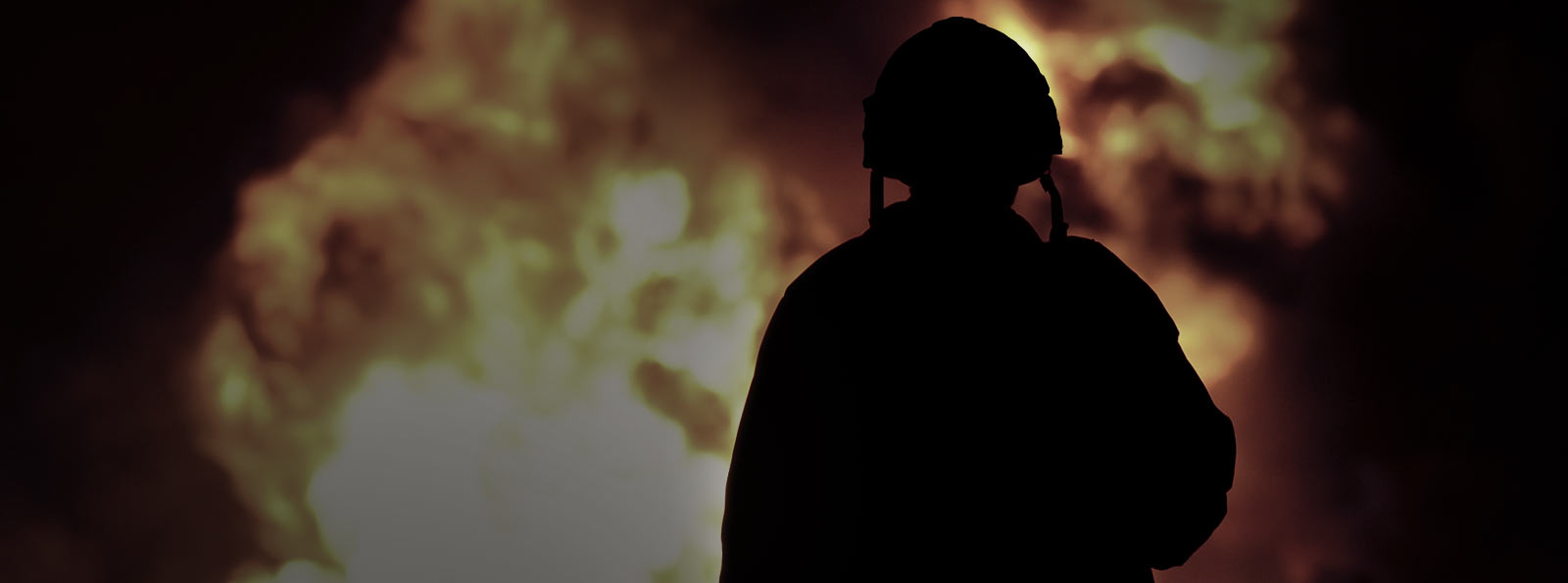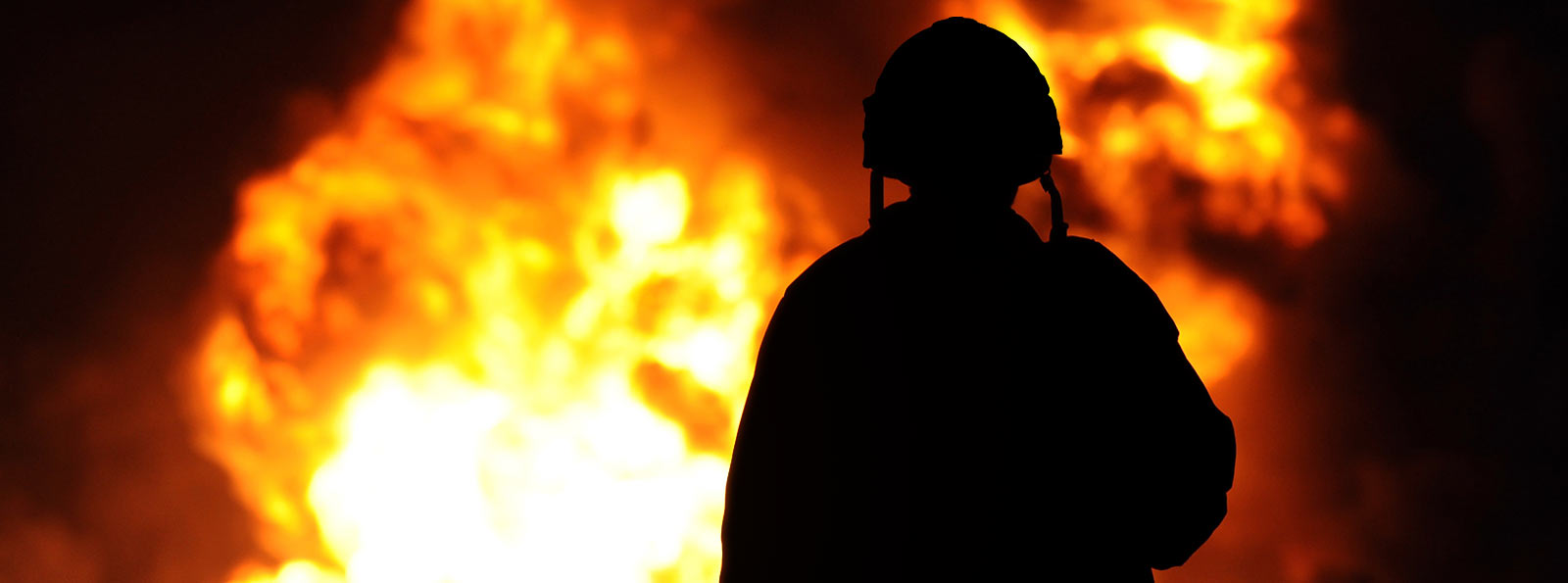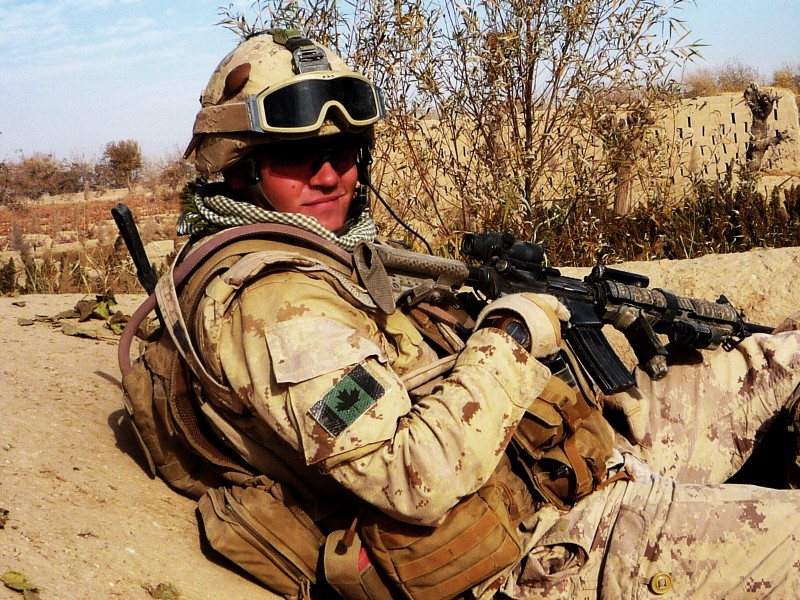



“Every time I put my head on my pillow it’s like a portal to hell.”

Master Corporal Jonathan Woolvett during his time in Afghanistan in 2007.
The tattoo on Master Cpl. Jonathan Woolvett’s left forearm reads, “All gave some, some gave all.”
The haunting words commemorate the friends he lost in Afghanistan.
Woolvett, now 32, served two deployments during Canada’s 12-year mission in Afghanistan. Diagnosed with post-traumatic stress disorder (PTSD) in 2009, he is a living casualty of the war.
The soldier has nightmares, insomnia, depression and anxiety. He also struggles with substance abuse.
“A lot of my nightmares are of stuff that didn’t necessarily happen over there. But it’s my greatest fears, like being overrun, being captured, my friends being systematically executed in front of me.”
Three months into his first tour, Woolvett was near a village called Nalgham, about 30 km east of Kandahar, with his colleague and friend Matthew McCully. Woolvett, sitting in his vehicle, heard McCully speaking on the radio while out on foot patrol, and then heard an explosion.
McCully had stepped on an improvised explosive device. The 25-year-old was the 55th Canadian soldier killed in Afghanistan, and the first friend Woolvett would lose in two tours.
Woolvett had the grim task of cataloguing his friend’s personal items.
“It was one of the hardest things I ever had to do,” he said.
“I remember I used to make fun of him because his T-shirts used to have deodorant stains, like a sweat stain underneath his arm. And I pulled out his T- shirts to catalogue them and the stains were there, and you could smell his deodorant like he was waiting outside to come back in, but he wasn’t.”
Three more of Woolvett’s friends also wouldn’t be coming back: Pte. Michael Freeman, Cpl. Tyler Crooks, and Master Cpl. Scott Francis Vernelli.
Woolvett is haunted by the sights, sounds and smells of war.

Woolvett in 2007
During his second tour, his unit got a call about an American convoy that had struck an IED.
“When we jumped out of the vehicle and walked up to the scene, it was surreal. Like being hit in the chest plate with a sledgehammer, it took the wind right out of me. There were bodies everywhere,” he recalls.
“There were smells. My medic quickly went to work on a man who had blown clear of the turret.”
Woolvett began filling body bags and picking up pieces of the three soldiers blown apart in the explosion.
Woolvett’s battle with PTSD began before he left Kandahar, and got dramatically worse when he returned to Canada in March 2009.
He began drinking excessively every day and finally decided to get professional help after four months. “One day I went in and threw my keys on my company commander’s desk and said I need to go somewhere yesterday to get some help,” he said.
It was his first attempt at treatment, the beginning of a battle to heal that he has fought every day for the past five years.
Woolvett came home from his first round of treatment to find his wife and daughter gone.
“I crawled right back into the bottle,” he said. “There are no words. I did everything to make sure I could get home to see that little girl and I miss her very much,” he says of his daughter Jayden.
“I like to call it ‘Canada’s first Vietnam.’ Guys are coming home and they are messed up. You got all these guys coming in and they don’t know how to deal with it. There are a lot more suffering in silence. I know that,” he said.
Part of the difficulty with being diagnosed with PTSD is the stigma surrounding the condition, he says.
“The stigma around PTSD is, one, you’re weak, and two, you’re not going to deploy again.”
He is now awaiting medical release from the military.
“It feels like I’m being abandoned. Trying to figure out what to do in civilian life? I want to be a soldier.”
After his release he is considering going back to school. But, for now, he is still working on getting better. One thing that helps him, he says, is poetry. Woolvett agreed to share some of his work.
Sitting in his home with two pugs, Rambo and Zoey, Woolvett has a message for fellow service men and women in the Canadian Forces suffering from PTSD: don’t suffer in silence.
“You have to tell someone. You have to get help. It’s not like you get a diploma for dealing with PTSD. It’s one day at a time. You have good days, you have bad days. You have good weeks, you have bad weeks. Good months and bad months with PTSD. But there’s always a light at the end of the tunnel.”
By: Andrew Russell, Global News
—
If you or someone you know is in crisis and needs help, resources are available. In case of an emergency, please call 911. 911 can send immediate help. For a list of available mental health programs and services around Canada, please refer to the list here.